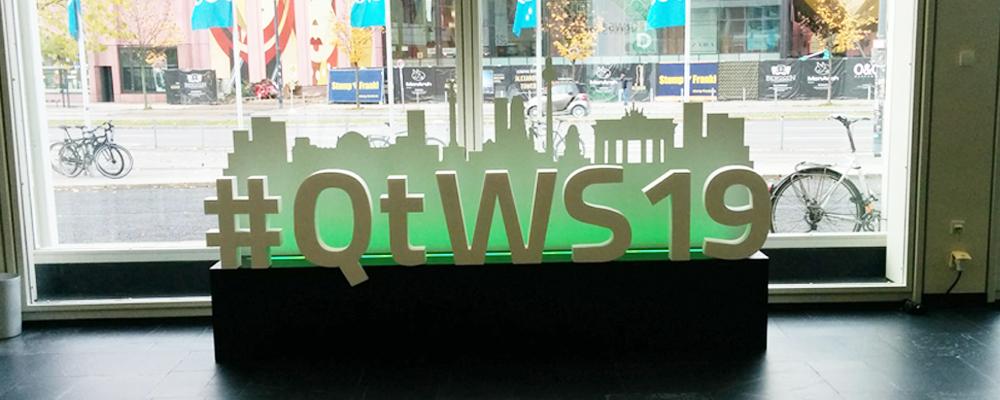
Highlights from Qt World Summit 2019 in Berlin
I just got back from a very successful Qt World Summit 2019 in Berlin. This year marked a much-appreciated return to the traditional two-day conference schedule (with a third, optional training day). Last year's shows in Boston and Berlin had a compressed format with only one day for the conference proper, and most people I spoke with felt that was too short.
The venue was the Berlin Conference Center (BCC), where it has been held for several years now. The nearby Alexanderplatz public square was busy all week with displays and music commemorating the thirtieth anniversary of the fall of the Berlin Wall.
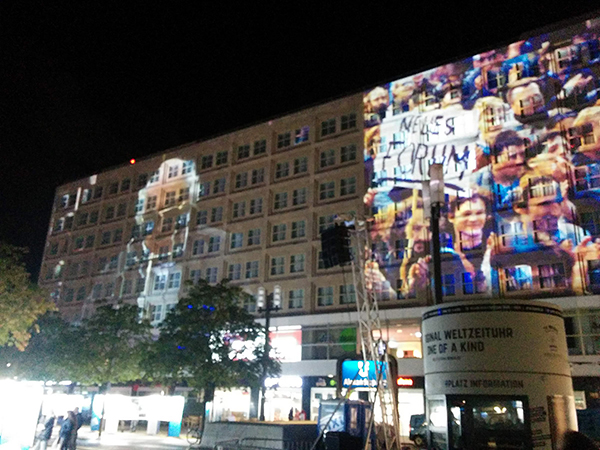
The conference kicked off on Monday with an optional day of training sessions. Students could choose from eight full-day Qt and C++ classes. On Tuesday, the conference proper started in the morning with five inspiring keynote speakers, including a talk by Lars Knoll, Qt Chief Maintainer and CTO of The Qt Company, on the upcoming Qt version 6 release. The afternoon offered more than 25 technical talks running simultaneously in six rooms. Though some talks were an hour long, most were 30 minutes, allowing for a variety of speakers covering both introductory and advanced topics.
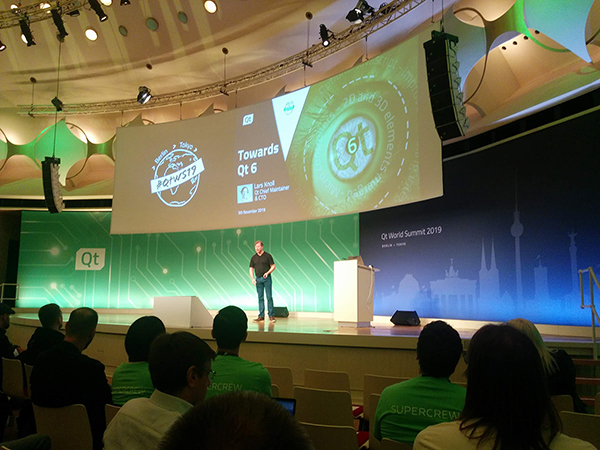
Wednesday morning featured five more keynote sessions describing some Qt success stories, as well as a breakfast session on contributing to Qt. The afternoon was fully packed with about 45 more technical talks, including one I gave: An Introduction to the Yocto Embedded Framework.
Highlights of the technical talks included the plans for Qt 6 and major strides made in the last year optimizing Qt for microcontrollers.
Running in parallel with the show were booths where Qt partners and sponsors showcased their products and services. In our booth, ICS demonstrated some of our capabilities related to touchscreens, IVI and voice control. It was a great opportunity to talk to customers about our consulting and training offerings.
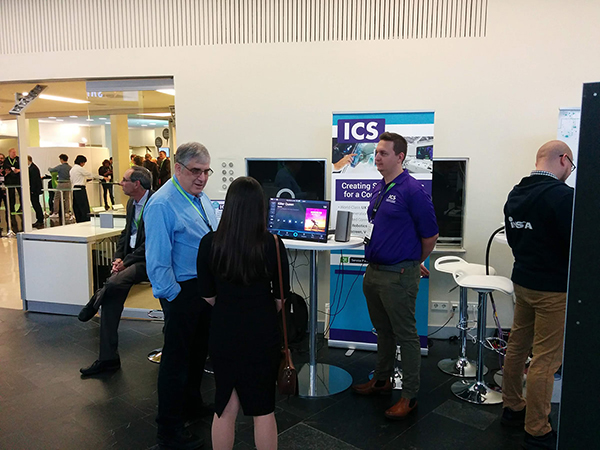
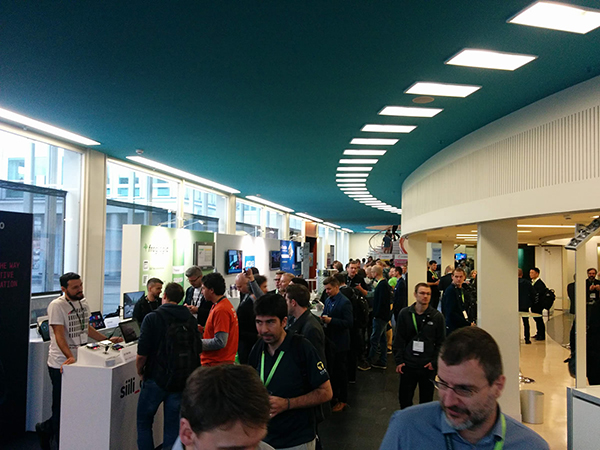
Key technologies popular at this year's show included automotive and IVI, IoT and IIoT, and running Qt on lower-cost hardware, including microcontrollers. And as seems to be the case every year, there were a few buzzwords for up-and-upcoming technology. This year's candidate to watch is "Digital Twin," which refers to developing and testing new software via simulation prior to deployment.
All in all it was a successful show. Though there were no major surprises, there were strong indications that the Qt ecosystem is and will continue to be healthy and vibrant!
If you're already thinking about next year, rumor has it that the 2020 conference will be held in the U.S. — and not in the Bay Area, where it has been traditionally set. Plus, the show is expected to take place much earlier in the year. Stay tuned for details. If you missed the Berlin show and can't wait until 2020, you can still catch the one-day event in Tokyo on November 29th.